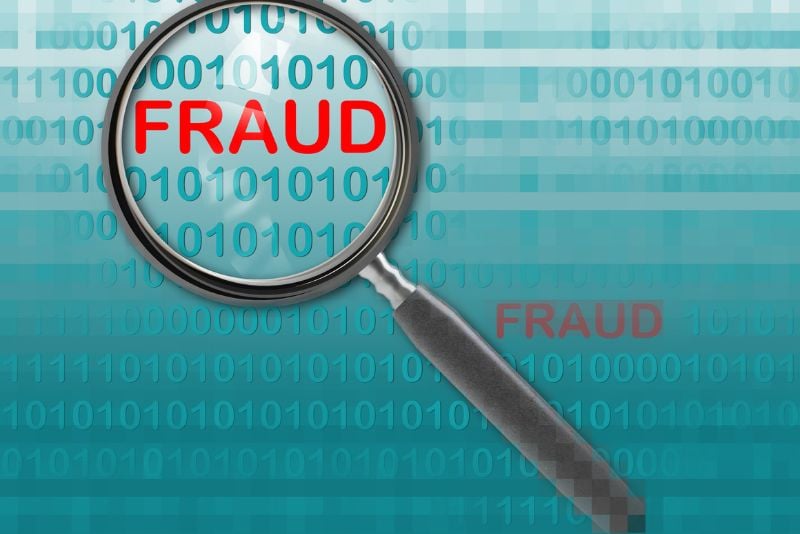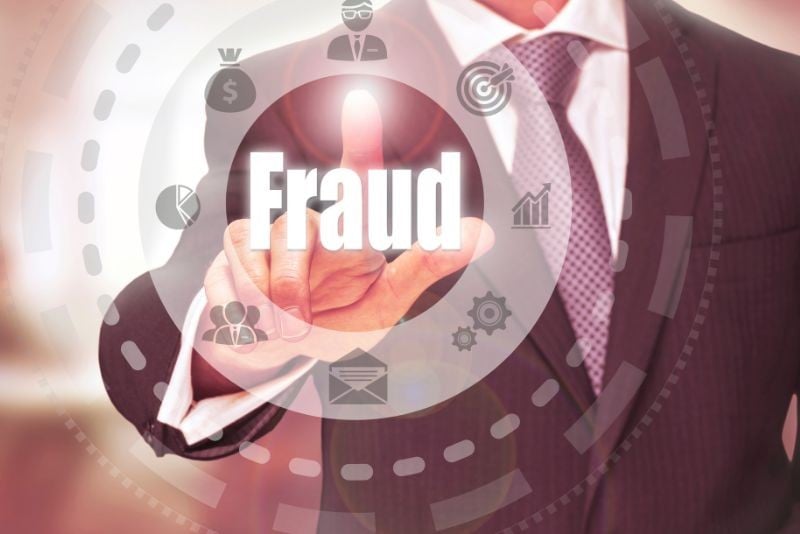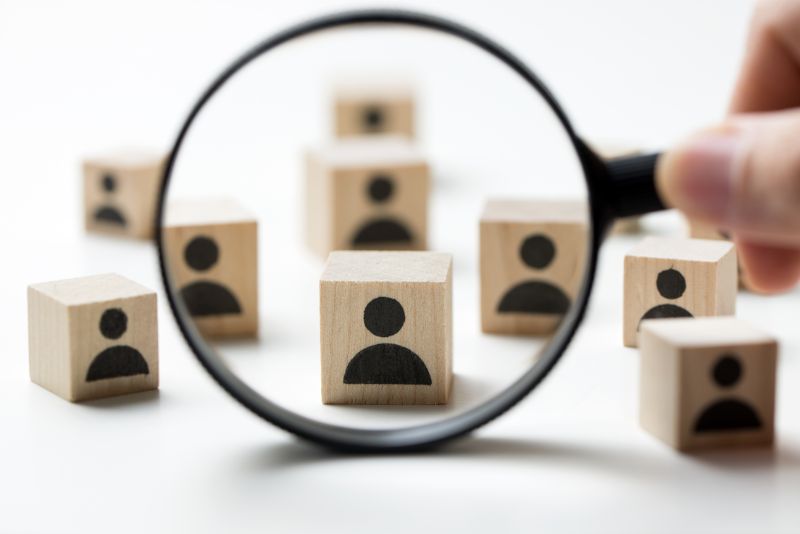Third-Party Ethics Hotlines: 10 Questions to Ask a Vendor
In the modern business landscape, maintaining an ethical workplace is not just a best practice but a necessity for safeguarding a company's integrity, assets, and the overall well-being of its employees. One of the most effective tools in achieving this goal is implementing a whistleblower hotline. Global ethics hotlines play a critical role in promoting a culture of transparency and accountability within the workplace. Choosing a vendor to provide your ethics hotline shouldn’t be a tedious task. You may have questions about how a third-party hotline works. This post will guide you towards choosing a hotline vendor to ensure you build a more ethical and responsible work environment. We'll cover key points that can help you make an informed decision when choosing a hotline provider that aligns with your values and objectives.





